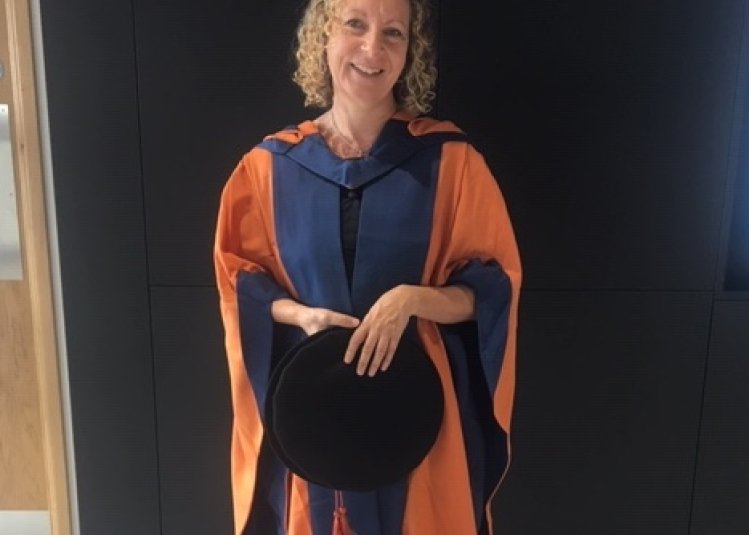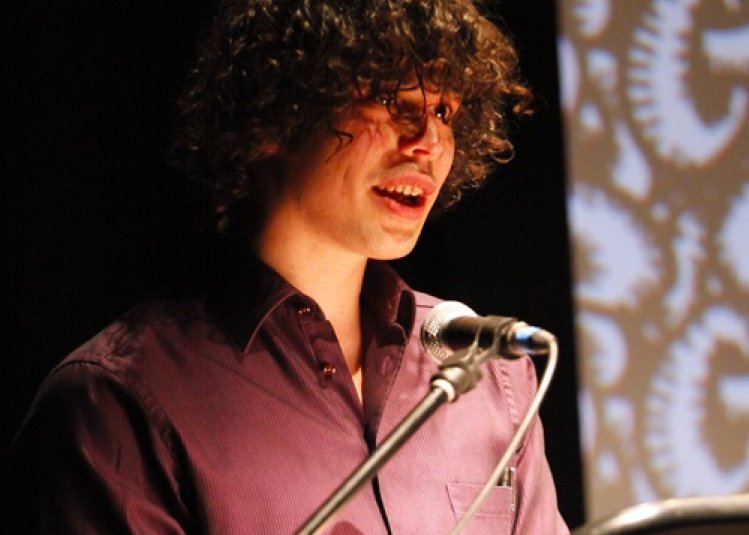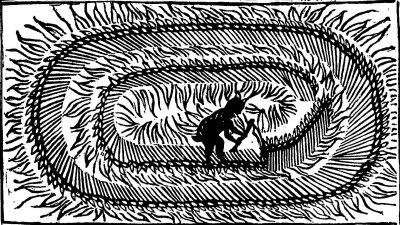Project details
| Project lead | Dr Ruth Heholt |
|---|---|
| Start date | 5 September 2019 |
| End date | 6 September 2019 |
| Project website | wordpress.lehigh.edu/folkhorror2019 |
With a series of panel discussions, talks and breakout sessions, the conference explored all aspects of folk horror including geography, history, music, feminism, folklore, politics, folk horror practices and more.
The conference represented the 'state of the art' of folk horror scholarship about all periods and regions, and took up aspects of folk horror in film, TV, literature, art, or music. It brought together 120 delegates from all over the world.
Since at least 2010, critics and bloggers have been working to define folk horror, understand its appeal, and establish its key texts, including what has become the central triumvirate of the folk horror canon of the 1960s and 1970s; Witchfinder General (Michael Reeves, 1968), Blood on Satan's Claw (Piers Haggard, 1971), and The Wicker Man (Robin Hardy, 1973 - along with numerous British TV series from the 1960s and 1970s; The Owl Service (1969), Robin Redbreast (1970), BBC's A Ghost Story for Christmas (1971-78), Penda's Fen (1974), and Children of the Stones (1977).
Critics have also begun to uncover a rich prehistory for the folk horror of the 1960s and 70s, looking back to the 19th and early 20th century fiction of such writers as Nathaniel Hawthorne, Arthur Machen, and M. R. James. But the history of folk horror can be traced still further back, to Beowulf, Sir Gawain and the Green Knight, Shakespeare, and the mystical poetry and witchcraft plays of the seventeenth century.
At the same time, writers and directors in the 21st century have been re-inventing the genre with such new incarnations, in film, as The Blair Witch Project (1999), Eden Lake (2008), Wake Wood (2009), Kill List (2011), A Field in England (2013), The Witch (2015), The Hallow (2015), Without Name (2016), Hereditary (2018), and Apostle (2018) and, in fiction, Adam Nevill's The Ritual (2011), Andrew Michael Hurley's The Loney (2014) and Devil's Day (2017), Thomas Olde Heuvelt's Hex (2016), and John Langan's The Fisherman (2016).
Project team
Dr Ruth Heholt, Senior Lecture at Falmouth University worked alongside Dawn Keetley (Lehigh University, USA), Joanne Parsons (Bath Spa University), and David Devanny (Falmouth University) to invite proposals on all aspects of folk horror, in all periods and across all regions.

Professor Ruth Heholt
Professor of Literature and Culture
Ruth Heholt is an internationally renowned scholar in the fields of Gothic, supernatural, Victorian,...

Dr David Devanny
Associate Professor Multimedia Writing & Storytelling
David is an Associate Professor and acting Head of Subject for Writing and Journalism at Falmouth Un...
Partners
Keynote and plenary speakers of the conference included Professor Tanya Krzywinska (Falmouth University), Bernice Murphy (Trinity College, Dublin), and Catherine Spooner (Lancaster University).
Outcomes & outputs
Folk Horror in the 21st Century culminated in a two-day conference at Falmouth University from 5 – 6 September 2019. The conference brought together 120 delegates from all over the world to explore all aspects of the folk horror renaissance in the 21st century.
The conference helped create an event with a focus on creativity, inspiration and intellectual stimulus. The keynotes were:
- Everybody's Gone to the Rapture: Folk Horror in Videogame Art – Tanya Krzywinska, Falmouth University.
- Whose Folk? Locating the Lancashire Witches in Twenty-first Century Culture - Catherine Spooner, Lancaster University.
Black Boxes: Backwoods Horror and Human Sacrifice in American Folk Horror – Bernice M. Murphy, Trinity College, Dublin.
A follow up conference was planned for 2020 but has since been postponed to 2021. There have also been a series of publications launched off the back of the conference, including the peer-reviewed e-journal Revenant, which is dedicated to the academic and creative explorations of the supernatural.
Impact & recognition
The Folk Horror conference cemented some of the original work on the subject, but more importantly and excitingly, it forged new discussions and areas for debate. One of the main and most cutting edge debates raised questions about Folk Horror and conservatism and even reactionary politics. Other debates around the subversive and creative potential of folk horror were also foregrounded and shifted.
Academics and practitioners alike engaged in the new debates and the discussions have resonated far beyond the conference. Delegates from around the world will continue the discussions raised at the conference, and plans will begin for the next Dark Economies conference in 2021.
